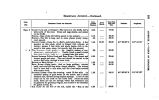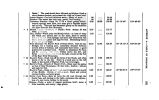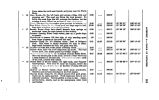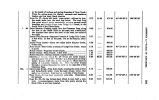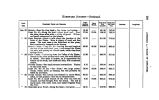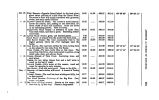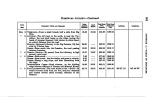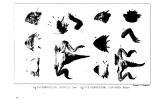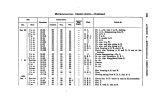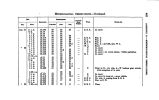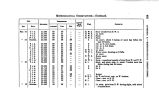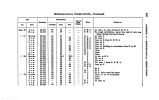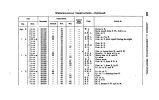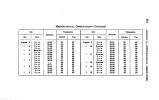| OCR Text |
Show 18 FROM FORT LEAVENWORTH TO FORT KEARNY. small party of travellers, with a sick man in a wagon. They proved to be returning emigrants, who, after proceeding as far as Fort Kearny, had lost heart, sold out all they had, ( their flour and bacon at one cent per pound,) and were now slowly and sadly wending their way back to their homes. They assured us that many more were in the same melancholy case. Day's march, fourteen miles. June 6.- Camp up by 4 A. M. Bar. 28.75; Ther. 70°. Wind south- east; clouds heavy and threatening. It shortly commenced raining hard, and continued until nearly noon. The ground to- day has been strewed with pebbles of granite, quartz, and porphyry, and also with large blocks of porphyritic granite. On the tops of the hills, limestone again appeared; it was non- fossiliferous, and rather sandy. About five miles from camp we crossed a small stream, from which were procured some specimens of spirifer. Under this rock was a non- fossiliferous stratum and then shale. The upper stratum was not in place. In the afternoon we passed a melancholy memento of disappointed hope and blasted enterprise- four freshly- made graves of emigrants, who had died by the way, and were here left on the wide waste, with not a name to preserve their remembrance. How different such a fate from the high and sanguine prospects with which they had set out! In the evening a heavy thunder- storm from the south- east, with rain and violent wind. Day's travel, twenty miles. June 7.- Bar. 28.43; Ther. 68°. The travelling to- day is heavy, in consequence of the rains of yesterday. The road lies through a rolling prairie and upon a ridge dividing the waters of the Missouri from those of the Big Blue river, a tributary of the Kansas. Met a Mr. Brulet, a French trader, from Fort Laramie, with a large train of wagons, laden with packs, of buffalo-robes, bound for St. Louis. He had been forty days on the road, and had met not less than four thousand wagons, averaging four persons to a wagon. This large number of emigrants appeared to him to be getting along rather badly, from their want of experience as to the proper mode of travelling on the prairies, to which cause much of the suffering experienced on these plains is doubtless to be ascribed. We availed ourselves of his offer to carry - back letters to our friends at home. In the course of the morning, passed the fresh grave of a poor fellow whose last resting- place had been partially disturbed by the wolves. They had burrowed a large hole near the head, which, |
































































































































































































































































































































































